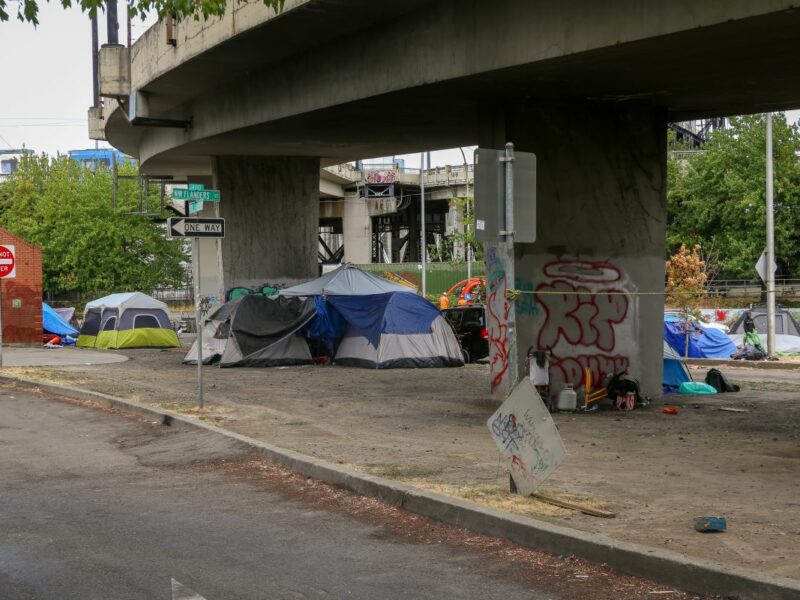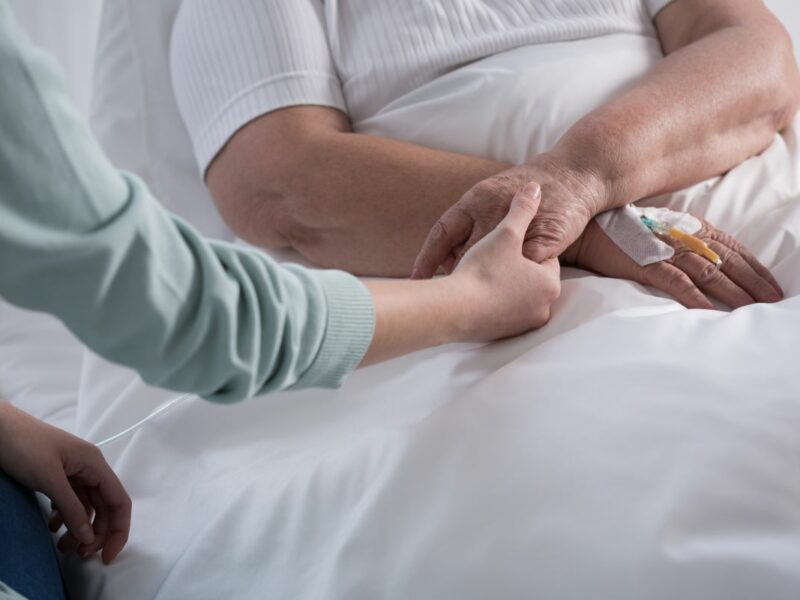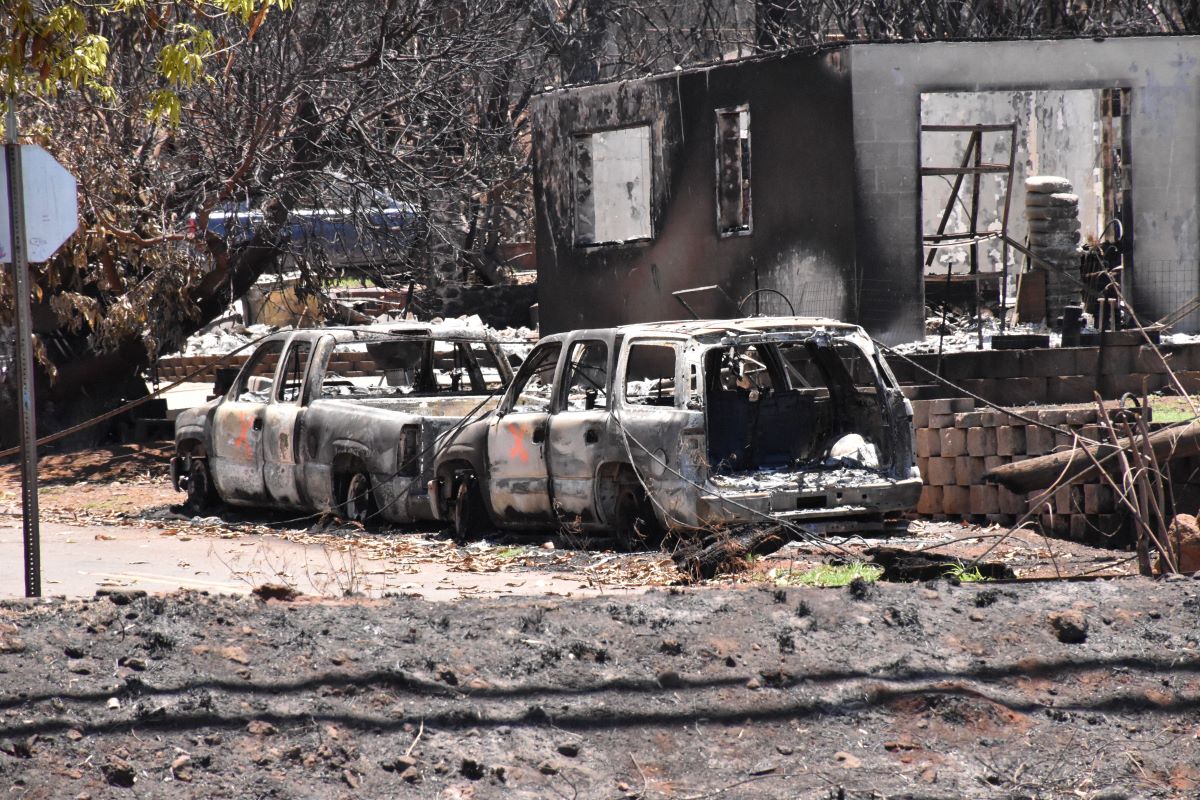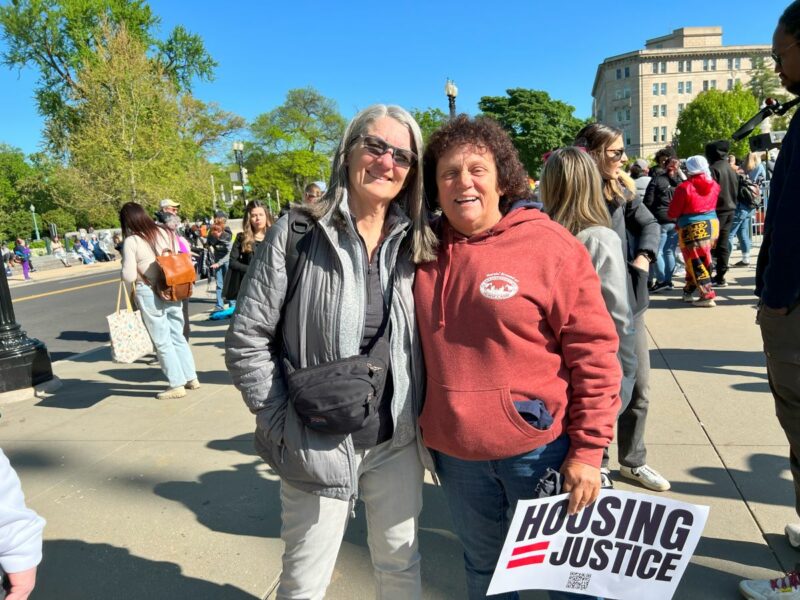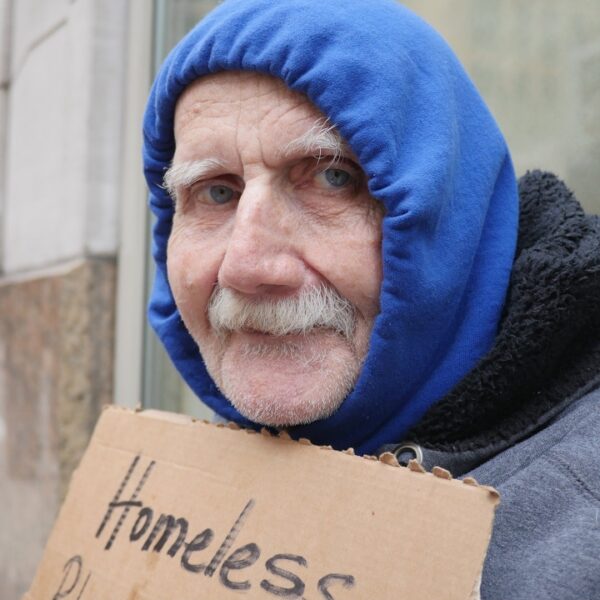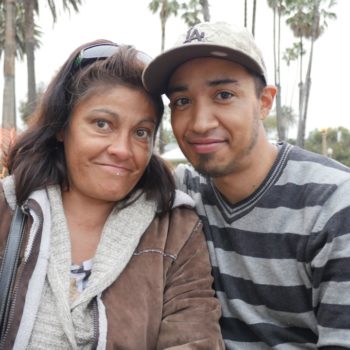The U.S. Department of Housing and Urban Development sent $1.3 million to the state of Hawaii to support people experiencing homelessness and who are at risk of becoming homeless after the devastating wildfires in Maui.
The funding comes as Hawaii leaders continue to recover from the wreckage. More than 2,100 acres of land, or about 3.4 square miles, was burned in the blaze. Another 2,200 homes and buildings were destroyed as well. In all, at least 115 people died, and another 388 are still missing because of the fire, which has led some advocates to speak out about reforming the U.S. emergency disaster protocols.
“Before the wildfires, Hawaii already had a housing crisis – one that disproportionally impacts Native Hawaiians,” HUD Secretary Marcia Fudge said. “HUD is closely monitoring the impact of this disaster on local housing needs, and this funding will fill the gap to ensure the state of Hawaii has what it needs to support people experiencing homelessness.”
Last month, the Lahaina fire was stoked by a combination of low humidity and strong winds from Hurricane Dora, making landfall hundreds of miles away from the island. These conditions helped accelerate the fire into one of the deadliest natural disasters in Hawaii’s history. It also exposed deep fissures in the state’s social safety net and emergency response systems.
One issue that advocates have been working on for years is Hawaii’s lack of affordable housing.
Census data shows the state’s median household income is just over $88,000, while Redfin marked Maui’s median home price at $1.01 million as of August 2023, representing a nearly 9% increase year-over-year. Rents in Maui are also close to $2,300 per month, a 24% increase from 2021.
In a blog post, the Hawaii Budget & Policy Center wrote that local lawmakers have made some strides to help working families by expanding the earned income tax credit and creating a refundable food/gas tax program. However, the agency said that lawmakers have also balked at several revenue-raising initiatives like increasing capital gains taxes or taxing tourists at a higher rate that could support more affordable housing development.
At the same time, the fire exposed deep issues within Hawaii’s emergency management procedures. Hawaii Emergency Management Agency spokesperson Adam Weintraub told CNN that the state’s integrated outdoor alarm system—the largest in the world—was not activated to warn residents of the fire. However, Weintraub added that the agency sent out alerts via cell phones, text messages, televisions, and radio stations.
The lack of warning was one reason why more than 1,000 Hawaii residents were displaced because of the fire.
Gov. Josh Green and nonprofits like the Red Cross have worked to provide temporary shelter for those who were impacted. But advocates like National Low Income Housing Coalition CEO Diane Yentel remain concerned that some could end up homeless because of the fire.
“Disasters are increasing in frequency and severity due to climate change, and the lowest-income and most marginalized people and communities are consistently the hardest hit,” Yentel said in a press release.
“People experiencing homelessness, low-income seniors, people with disabilities, and other historically marginalized people are least able to evacuate prior to a disaster and least likely to have resources to recover afterward. Despite the tremendous need, these populations are consistently left behind by our country’s disaster housing recovery and rebuilding system,” Yentel continued.
The latest point-in-time count shows that more than 4,000 people are experiencing homelessness across the Hawaiian Islands, representing a 2% increase from 2022—people aged 60 and over make up about 10% of that total. Additionally, more than 1,600 people reported experiencing chronic homelessness, meaning they have been unhoused for at least 12 consecutive months.
“Together, we must ensure that the lowest-income and most marginalized survivors have access to safe, stable, accessible housing as they and their communities recover and rebuild,” Yentel said.
How You Can Help
Now is not the time to be silent about homelessness in Hawaii or anywhere else. Unhoused people deserve safe and sanitary housing just as much as those who can afford rent or mortgage.
Poverty and homelessness are both policy choices, not personal failures. That’s why we need you to contact your officials and tell them you support legislation that:
- Streamlines the development of affordable housing
- Reduces barriers for people experiencing homelessness to enter permanent housing
- Bolsters government response to homelessness
Together, we can solve homelessness.





